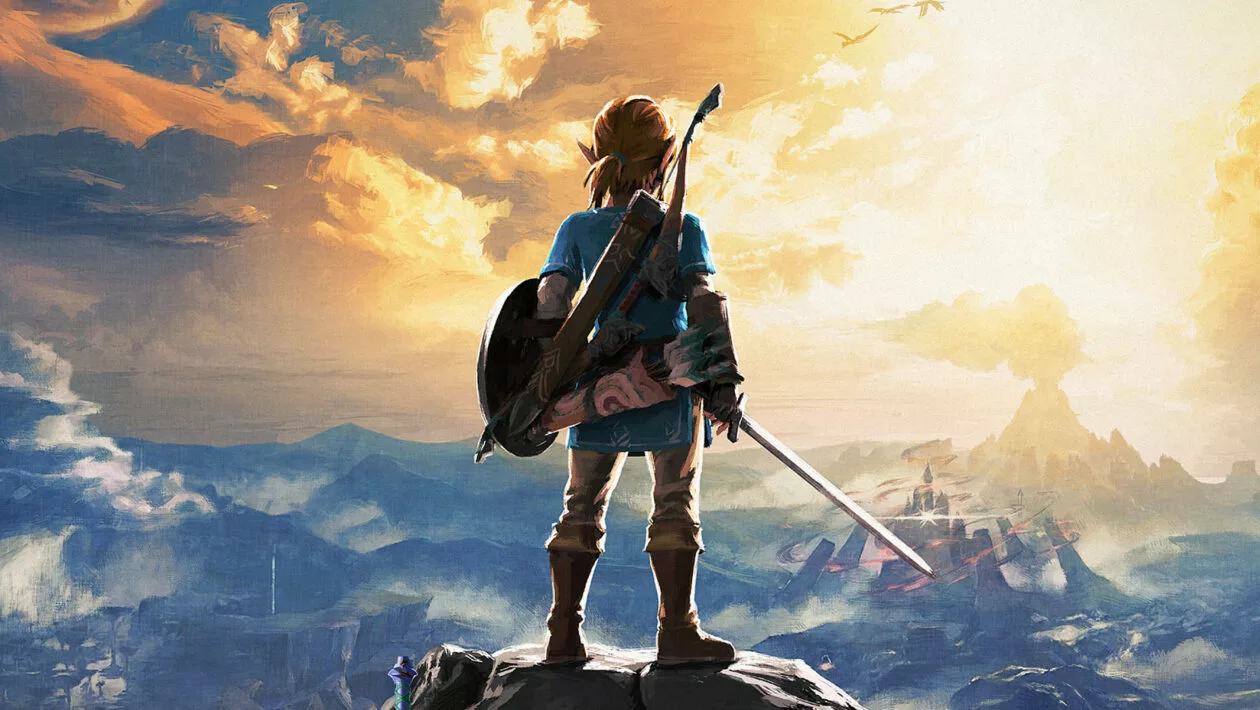The Legend of Zelda: Breath of the Wild and its recently released sequel, Tears of the Kingdom, have not only captivated players with their vast, immersive open-world experiences but also set a new benchmark for the beloved franchise. As rumors circulate about the potential announcement of a new mainline Zelda entry alongside Nintendo’s next hardware, fans are eagerly speculating about how these two groundbreaking titles could influence the direction of the series going forward.
One of the most significant aspects that future Zelda games could borrow from Breath of the Wild and Tears of the Kingdom is their innovative two-part story structure. By crafting a deep, interconnected narrative spanning across two massive installments, Nintendo has demonstrated the potential for richer world-building, character development, and gameplay evolution.
“The two-part saga approach allows for a longer, more intricate storyline and the opportunity to introduce new mechanics or features that can be further refined and expanded upon in the follow-up game,” explained gaming analyst Sarah Thompson. “It creates a sense of continuity and progression that keeps players invested in the overarching narrative.”
This approach has already paid dividends, as Tears of the Kingdom seamlessly built upon the foundation laid by Breath of the Wild, introducing new gameplay elements while also exploring the consequences of the previous game’s events. Characters and locations established in the first installment were given room to grow and evolve, deepening the player’s connection to the world of Hyrule.
However, as successful as this formula has proven, there are lessons to be learned from these recent titles that could help shape the next Zelda saga. One potential pitfall to avoid is the perception that the sequel is merely an expanded version of the previous game, lacking its own distinct identity.
“While Tears of the Kingdom is an exceptional game in its own right, there were some concerns from fans that it borrowed too heavily from Breath of the Wild’s assets and lacked enough fresh content,” noted gaming journalist Alex Rodriguez. “The development team for the next saga should strike a balance between maintaining continuity and introducing truly unique elements that set each installment apart.”
Another area for improvement could be the handling of optional side quests and their associated rewards. While exploration and environmental puzzles are a staple of the Zelda franchise, the sheer abundance of Korok seeds in Breath of the Wild and Tears of the Kingdom, coupled with their lack of meaningful rewards, left some players feeling underwhelmed.
“If the next Zelda games feature vast open worlds, it would be wise to either scale back the number of side quests or ensure that completing them provides tangible benefits that justify the time investment,” suggested Rodriguez. “Players should feel a sense of accomplishment and progression when engaging with optional content.”
As anticipation builds for the future of The Legend of Zelda, one thing is certain: the influence of Breath of the Wild and Tears of the Kingdom cannot be overstated. By learning from their successes and addressing their shortcomings, the next mainline entries have the potential to build upon this foundation and create an even more immersive, satisfying, and enduring adventure for fans of the iconic franchise.
